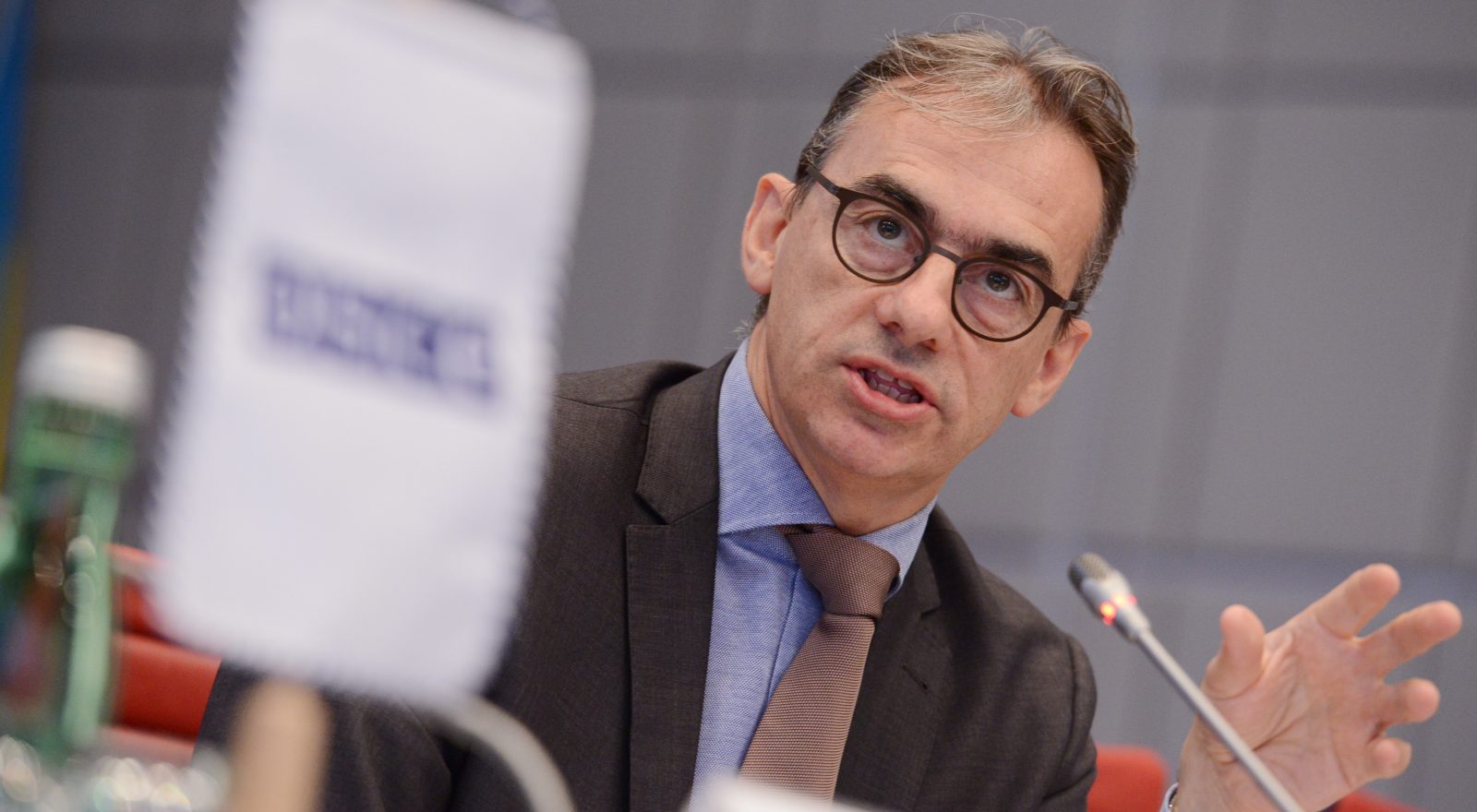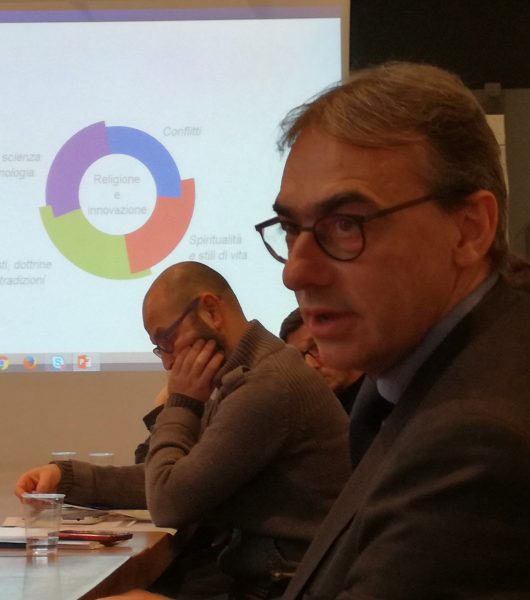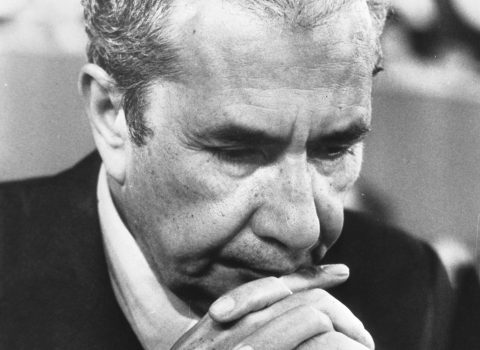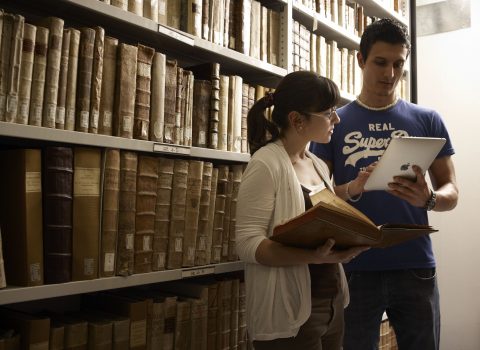Freedom of Religion or Belief and Tolerance and Non-Discrimination for All is Vital to Security
Marco Ventura, Director of the FBK Center for Religious Studies and member of the OSCE/ODIHR Panel of Experts on Freedom of Religion or Belief: "freedom of religion or belief is under threat in the OSCE region and international co-operation can strengthen it as a force for security".
[OSCE PRESS RELEASE] Participants to OSCE meeting in Vienna on 22 June 2017 said that freedom of religion or belief, and tolerance and non-discrimination are essential to ensuring peace and security in the OSCE region.
The Meeting, organized by the OSCE’s 2017 Austrian Chairmanship and the OSCE Office for Democratic Institutions and Human Rights (ODIHR), brought together representatives of governments and of civil society organizations working on issues related to the freedom of religion or belief from the Organization’s 57 participating States.
Michael Georg Link, Director of ODIHR, highlighted to Meeting participants current challenges to efforts to build flourishing, open, tolerant and inclusive societies, telling the meeting that hostile social forces, which are intolerant of and foster dangerous environments for particular religious or belief communities, endanger social peace and cohesion. Also, the practice in some OSCE participating States of limiting the free exercise of the universal human right to freedom of religion or belief to a list of religious and belief communities pre-defined and approved by the state is also of particular concern. “Some participating States have gone so far as to insist that the exercise of freedom of religion or belief requires specific permission from the state, an understanding that goes against the conception of freedom of religion or belief as an inalienable right belonging to everyone, including non-believers, without distinction.” said ODIHR Director Link.
Ambassador Clemens Koja, Chairperson of the OSCE Permanent Council and Permanent Representative of Austria to the OSCE, said that these challenges can only be addressed through a co-operative approach. “The right to freedom of religion or belief provides an indispensable contribution toward promoting sustainable stability and security in our societies. Co-operation and dialogue is essential. Dialogue can foster respect, co-operation and lead to the much needed common understanding of these rights and freedoms, in order to strengthen our democracies and the rule of law.” Ambassador Koja said.
Keynote speaker Marco Ventura, Director of the FBK Center for Religious Studies, Professor of law and religion at the University of Siena in Italy and a member of the OSCE/ODIHR Panel of Experts on Freedom of Religion or Belief, stressed that freedom of religion or belief is under threat in the OSCE region and that international co-operation can strengthen it as a force for security.
“Freedom of religion or belief in the OSCE region suffers from being an ‘empty’ right, a right not taken seriously, or from being a ‘threatening’ right, a right to be afraid of. Both misunderstandings about freedom of religion or belief are based on a static view of society, and are in turn conducive to a static vision hindering human rights and fueling discrimination and intolerance” said Ventura.
The Supplementary Human Dimension Meeting, “Freedom of Religion or Belief: Issues, Opportunities, and the Specific Challenges of Combating Anti-Semitism and Intolerance and Discrimination against Christians, Muslims and Members of Other Religions,” will assess the progress made in the implementation of relevant OSCE commitments, and explore the opportunities and challenges that exist to further strengthen the right to freedom of religion or belief for all within the OSCE area.
Participants representing governments, civil society and international organizations and religious or belief communities, will share their experiences of creating peaceful and secure societies grounded in respect for everyone’s freedom of religion or belief. The Meeting will also explore the role of interfaith and interreligious dialogue and co-operation in creating the conditions for lasting security.
Photo Credit: OSCE/Micky Kroell




